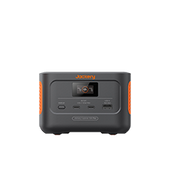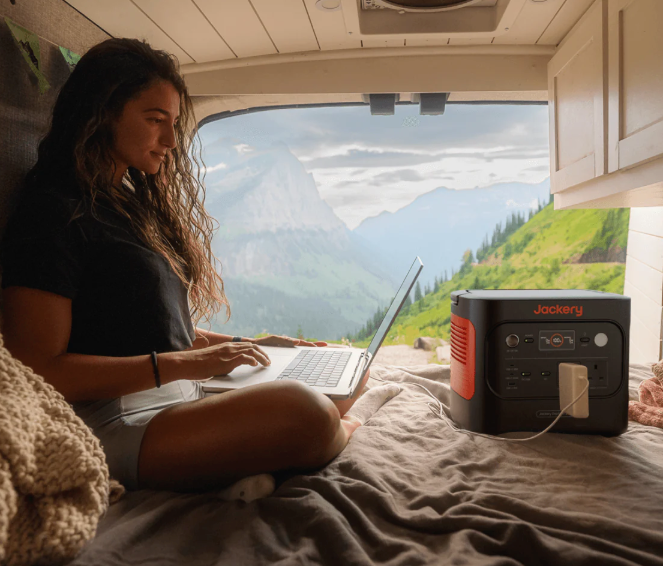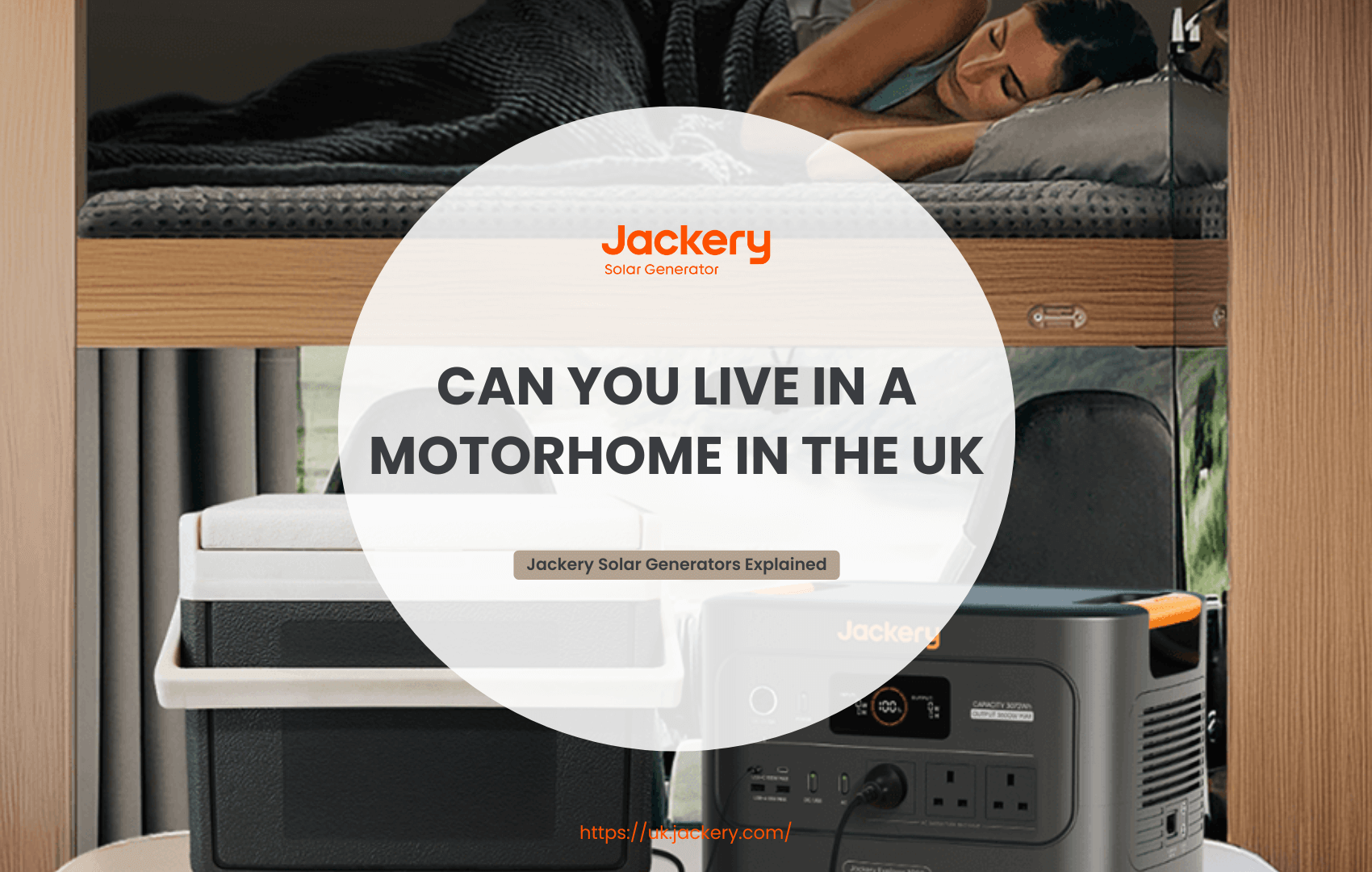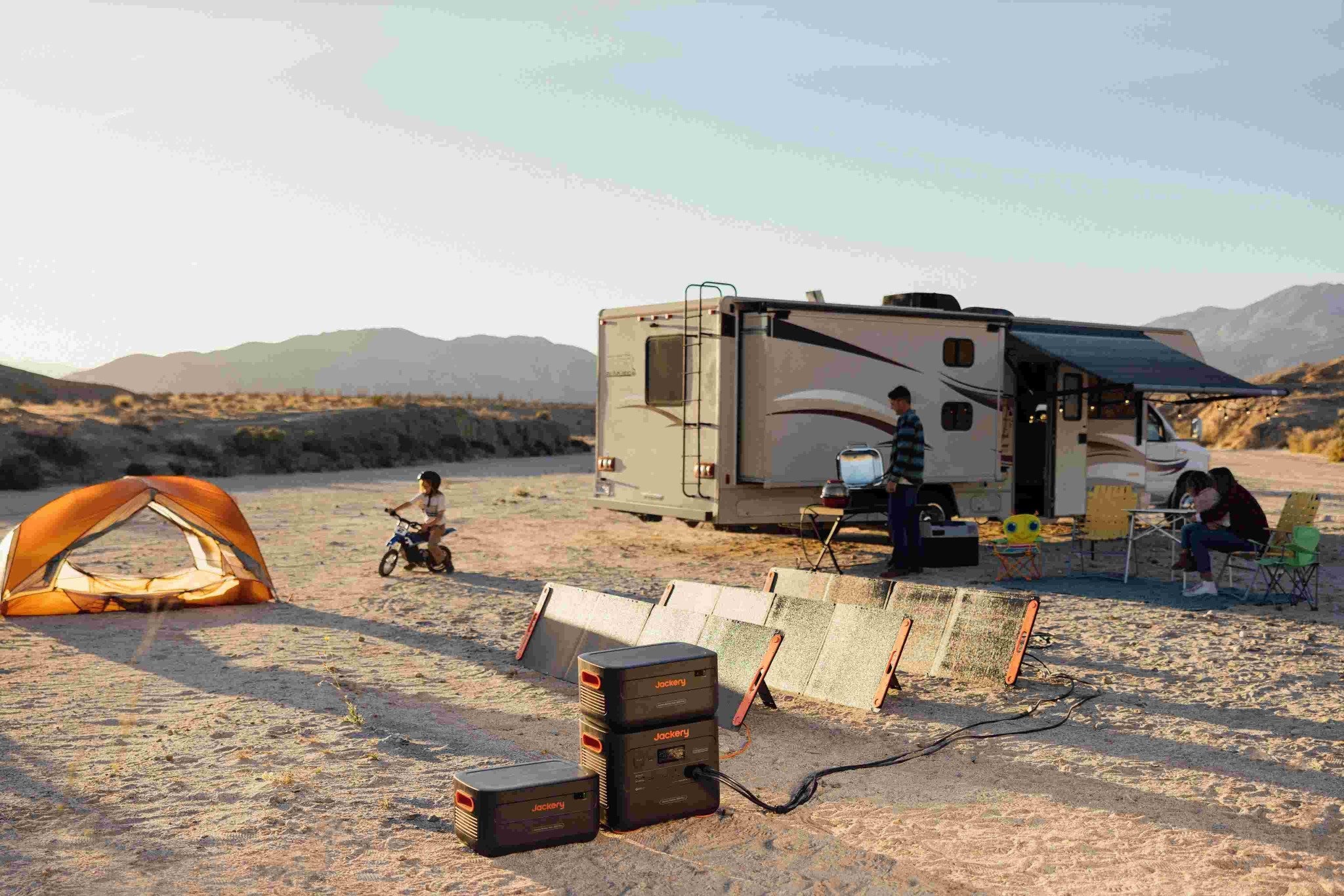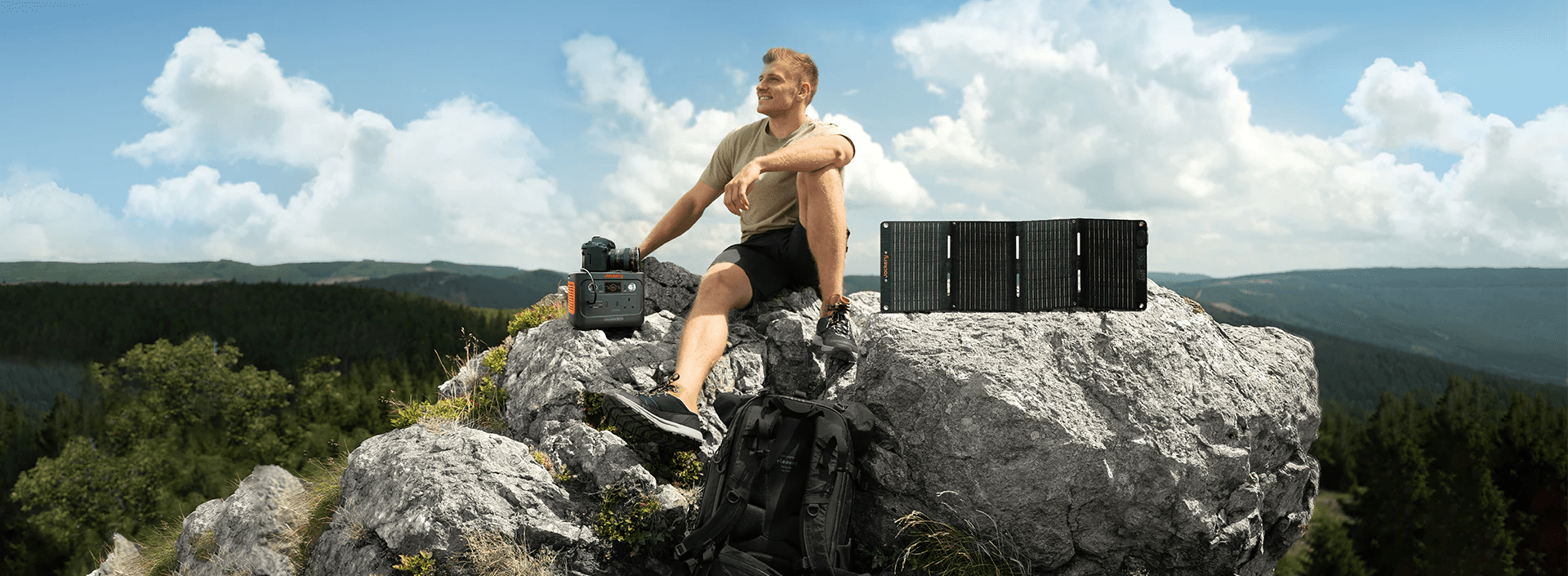For many people, the idea of living in a caravan is pure freedom. You imagine pulling up by a quiet beach by your RV in Cornwall, enjoying a brew as the sun rises, or parking in the Scottish Highlands with nothing but fresh air for company. Social media is full of these glossy images—perfect sunsets, perfectly tidy interiors, perfectly happy couples.
It’s easy to imagine that selling everything and moving into a van or caravan is the perfect escape from stress, bills, and monotony. But behind those beautiful snapshots lies a reality that few talk about. Living in a caravan is rewarding, yes. However, it comes with struggles that often remain hidden.
Lie 1 – “It’s Cheaper Than Regular Living”
One of the biggest misconceptions is that caravan life is automatically more affordable than living in a house or renting an apartment. While you can cut some expenses, the costs don’t simply disappear.
Hidden or Ongoing Costs: Insurance premiums for caravans can be surprisingly high. Add campground fees, road tolls, vehicle servicing, repairs, fuel, and internet subscriptions, and suddenly you’re spending more than you might expect. For those working remotely, reliable satellite internet isn’t optional, and it’s far from cheap.
Upfront Investment: Whether you’re buying or hiring a caravan, motorhome, or converting a van, it’s not cheap. In the UK, the average price to buy a new RV is in the range of £40,000 and over £250,000. A modest used caravan may still set you back thousands, and the more comfortable you want it, the steeper the price.
Frugal Living is Possible—But not Guaranteed: Yes, some people thrive by living frugally in a caravan. But it requires discipline, careful budgeting, and a willingness to compromise. Without that, expenses can quickly outpace expectations.
Lie 2 – “You’ll Always Be Free to Go Anywhere”
One of the biggest appeals of living in the caravan is the supposed freedom to drive anywhere, anytime. In practice, it’s not quite so simple.
Legal Restrictions: Many motorhome parking lots across the UK have strict rules about overnight parking. So, you need to check out the specific regulations for your dreamed spot for a motorhome.
Seasonal Limits: The weather plays a big role. A winter storm in Wales, flooding in Cumbria, or icy roads in Scotland can make certain routes or sites completely off limits.
Road and Size Limitations: Some rural roads are far too narrow for a caravan or large motorhome, and certain sites won’t accept bigger vehicles.
Lie 3 – “You’ll Feel Less Stressed and Freer”
One of the most appealing ideas about living in a caravan is the promise of freedom from stress. Many people imagine a slower pace of life: No council tax bills dropping through the letterbox, no noisy neighbours and no daily commute. It’s easy to believe that swapping bricks and mortar for four wheels automatically equals peace of mind. Unfortunately, the reality is a little different. Stress doesn’t disappear when you move into a caravan. It simply takes on a new shape:
1. Isolation and Lack of Privacy
If you’re travelling solo, the novelty of solitude can wear off quickly, and feelings of loneliness may creep in, especially if you’re parked up for days without much human contact.
On the flip side, if you’re sharing your caravan, there’s very little room for personal space. Even the closest couples and families may find tensions rising when every square foot counts.
Tips: Make the community part of the journey. Join caravan clubs or use Apps, such as the Caravan and Motorhome Club or Park4Night, to find friendly stopovers. Scheduling regular visits to family, or mixing campsite stays with wild camping, also helps balance social needs and private space.
2. Decision Fatigue
Life on the road is full of choices, and making them every day can be surprisingly draining. Where to park? Which route avoids height restrictions or weight-limited bridges? Where can you safely fill up on fresh water or empty your loo cassette? Unlike traditional living, where these logistics are mostly fixed, living in a caravan demands constant planning and decision-making.
Tips: Create a routine and plan ahead. Having a go-to checklist reduces last-minute decision-making and keeps your days calmer.
3. Weather Confinement
Britain’s weather is notorious for being unpredictable. While the occasional rainy day is fine, a week of heavy rain in the Lake District or relentless gales on the Cornish coast can leave you trapped inside a cramped space. It doesn’t take long before “cosy” starts to feel “claustrophobic.”
Tips: Whether you decide to camp under hot or cold weather in the UK, prepare an indoor kit—board games, e-books, compact gym gear, or even a portable heater for comfort. Many caravaners also invest in awnings or shelters, which extend the living space and help avoid “cabin fever” on soggy days.
4. Power Concerns
One of the most stressful realities of living in a caravan is worrying about power. Without electricity, your fridge, lights, and heating stop working. Running out of power is not just frustrating. More importantly, it can leave you feeling vulnerable, especially in winter or when you’re far from civilisation.
Tips: Invest in a dependable portable power source like the Jackery Solar Generator 2000 v2, as you are living in a caravan in the UK. For anyone living in a caravan, reliable energy is the difference between comfort and constant worry—and this unit is designed for exactly that.

- Massive 2042Wh Capacity & 2200W Output: With enough stored energy to power most caravan essentials, from kettles and induction hobs to laptops, fridges, and portable heaters, you won’t need to panic about running out of electricity. Whether you’re parked at a site or wild camping, it provides peace of mind.
- ChargeShield 2.0 Protection Technology: Safety is a top concern when using electrical systems in a confined space like a caravan. Jackery’s 62-layer protection system, backed by international safety certifications, guards against overvoltage, overheating, and short circuits. That means you can power up with confidence, even overnight.
- Ultra-Quiet Operation: Traditional generators are noisy, often disturbing your peace or drawing unwanted attention on a quiet pitch. The Jackery Solar Generator 2000 v2, however, operates at just ≤30dB—about the volume of a whisper. Better yet, its modes can be monitored and adjusted via an app, giving you effortless control without leaving your seat.
Lie 4 – “It’s a Minimalist Dream”
A lot of people are drawn to caravan life because they think it automatically means embracing minimalism. The glossy photos online show neat cupboards, perfectly folded blankets, and just a handful of belongings that somehow meet every need. But when you actually start living in a caravan, the story looks very different.
Storage headaches are constant: No matter how cleverly designed your caravan is, space is tight. Cupboards fill up quickly, and you’ll often find yourself shuffling things around just to get to the pan you need for dinner. The “one in, one out” rule isn’t optional—it’s survival.
You’ll miss home comforts more than you expect. At first, you might love the idea of ditching bulky furniture and big appliances. But after a few weeks on the road, not having a proper wardrobe, a decent oven, or a washing machine can start to grate. What felt like “liberation” from stuff can turn into frustration.
Clutter creeps in. Even with your best efforts, clutter has a way of piling up in a caravan. Outdoor gear, muddy boots, cables, and food supplies take up more space than you think. Rather than living like a minimalist monk, you may end up feeling like you’re constantly re-arranging piles of belongings.
The Takeaway: Minimalism is a conscious lifestyle choice, not something that automatically comes with caravan living. If you want that sense of simplicity, you’ll need to be deliberate: regularly decluttering, buying only what you truly need, and resisting the temptation to stock up “just in case.” Caravan life can encourage you to live with less, but it won’t magically make you tidy, organised, or stress-free.
Lie 5 - “It’s an Everyday Adventure”
When people imagine living in a caravan, they often picture an endless adventure: waking up to breathtaking views, driving off to a new destination every morning, and filling each day with discovery. It sounds like a permanent holiday, doesn’t it?
Unfortunately, that’s another carefully crafted myth.
1. The Chores Don’t Disappear
Every day tasks still need doing, no matter how beautiful the backdrop might be. Emptying the loo cassette, topping up your water tank, or sorting the rubbish aren’t glamorous jobs, but they quickly become part of the routine. Living in a caravan means being hands-on with the basics of daily life—things you might take for granted in a house.
2. The Frustrations are Real
Wi-Fi on the road can be patchy at best, which makes working remotely or streaming your favourite show a challenge. Campsites often come with queues for the showers or washing machines. And if you’re wild camping, you might find yourself wandering around at midnight looking for a public toilet. These aren’t exactly the “adventures” you see in travel blogs.
3. The Routine Takes Over
Just like any lifestyle, there’s a rhythm that sets in buying groceries, cooking, tidying, maintaining the caravan, and keeping things organised. Long drives can be exhausting, breakdowns stressful, and route planning tedious. Not every moment feels like an expedition—sometimes it feels like hard work.
The Truth: Living in a caravan isn’t a never-ending adventure. Caravan living is a lifestyle. There will be moments of excitement and freedom, but also long stretches of normality, chores, and even boredom.
Conclusion
Living in a caravan is not a holiday, rather, is a way of life. It’s not always cheap, it’s not always free, it’s not always simple, and it’s certainly not always adventurous. What it is depends on how you approach it.
And that’s okay, because the joy of caravan living often comes from the blend of the ordinary and the extraordinary, making a cup of tea while parked by a quiet lake or reading a book as the rain patters on the roof.
With realistic expectations, careful budgeting, and the right equipment, like this complete set of battery station with solar panel for caravan, the Jackery Solar Generator 2000 v2 to keep your power sorted.

Living in a caravan in the UK can be deeply rewarding. It’s not about running away from normal life, but about reshaping it in a way that suits you.
Reference
[1] Available at: https://themotorhometrader.co.uk/blog/motorhome-cost/











